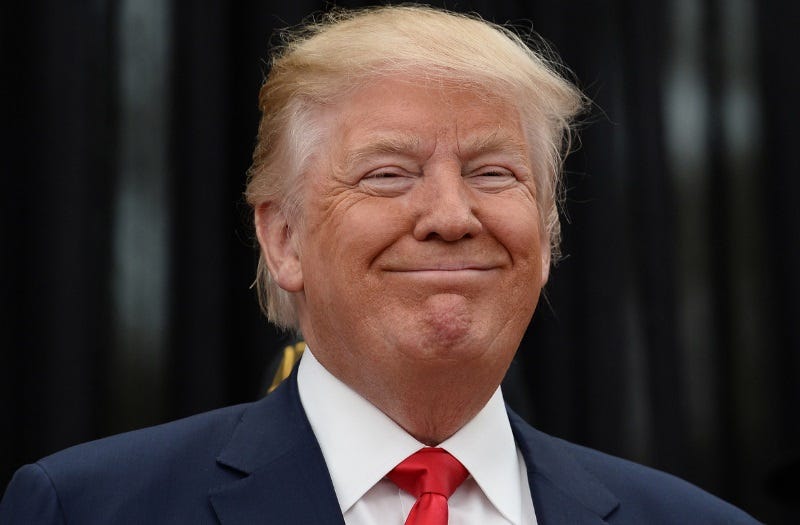
Today is Election Day here in New Haven and in cities and towns around the country. It’s what some call an off-off-year election, meaning that it’s between a midterm—midway through a four-year presidential term—and the next presidential election.
Off-off-year elections are notorious for having low turnout, and low turnout is bad for democracy. For this reason, some political scientists argue that democracy would be better served if more elections were more in sync, and there’s something to that. If municipal elections were held at the same time as statewide and congressional elections, there might be more participation. Democracy would be in better health.
We believe crime doesn’t pay. In 2020, it could.
Like I said, there’s something to do that, but only something. I’ve always found that argument to be rather wooden, bloodless and amoral, as if democracy were in service to questions of convenience. Mind you, I understand that when voting is more convenient, people vote more. I don’t begrudge anyone for trying to create systems that encourage voting. I want barriers to be torn down with extreme prejudice. But I don’t think the discussion should stop at mechanisms. It should include values. It should include a vision of a just society. In short, it should be small-r republican.
Another way of putting this is that we need to cultivate a democratic culture, one in which Americans vote because voting is what Americans do, and it’s what Americans do, because a democratic culture compels them to. I don’t think we have anything close to that, not even here in New England, the cradle of American democracy. New Haven is run by Democrats, has been for ages. The question isn’t whether a Democrat will win, but which Democrat, so party primaries draw a modest amount of attention but general elections generally don’t. By Election Day, the fight’s been over for weeks.
A democratic culture reveres the rights of citizens but also their duties, and the overwhelming duty of each and every citizen is to participate in the exercise of self-government not only for their own good but for the greater good. I respect the argument against compulsory voting (forcing people to vote or pay a fine), but compulsory voting is attractive to republican liberals like me, because it has the potential, at least, to snap citizens out of the idea that voting is something you did if you feel like it. I don’t think we’d be talking about compulsory voting if we had a democratic culture making demands of citizens. In the absence of that, many of us dwell on compulsory voting.
With this in mind, consider two reports, one from the Times and one from the Post, that assessed where we are one-year from the next presidential election. In both, Donald Trump is unpopular—his approval rating is under 50 percent—but the states in which he’s well-liked create conditions in which he could lose the national popular vote by even more than he did last time but still win thanks to the Electoral College.
We need to cultivate a democratic culture.
These reports collectively shocked some people, if my Twitter feed is any indication. Some were amazed he could win again, seemingly under the impression that a president mired in scandal can’t be reelected or that a Democrat is a shoo-in. I don’t know. But the reaction suggests to me a couple of things. One, that people do not understand that people don’t vote for presidents—states do—and they don’t know this, because we don’t have a democratic culture that would inform them of the truth.
Moreover, the reaction suggests something terrifying—that people are so convinced Trump can’t win reelection they won’t bother showing up next November. So let me clear: Donald Trump can absolutely win reelection. He is the incumbent. Incumbents have a colossal advantage. He is a Republican. He has an Electoral College advantage. He has a money advantage. He is also a narcissist. An international right-wing media apparatus will repeat every lie. So will our enemies in places like Russia, China and Iran. Trump is indeed a criminal. We believe crime doesn’t pay. In 2020, it could.
But voting Trump out should not be a voter’s animating principle. The animating principle should be voting for its own sake because that’s what Americans do, and that’s what Americans do because a democratic culture compels them. Ideally, it would compel them so much few racist barriers would be strong enough to stop Americans filled with the righteous spirit of democracy from having their say.
We aren’t there yet. We may never be. But we need to do the work.
—John Stoehr


